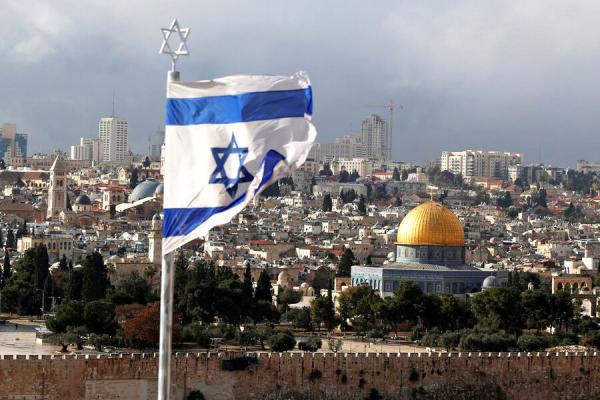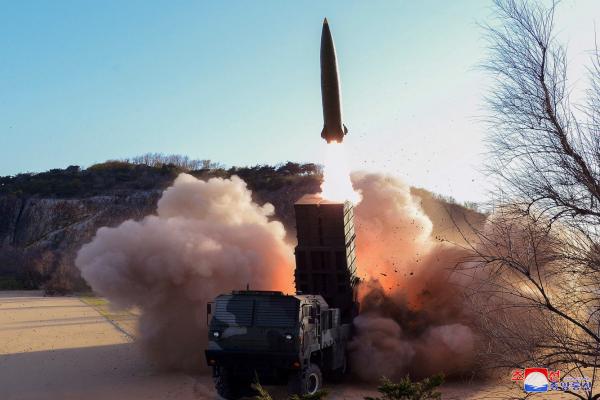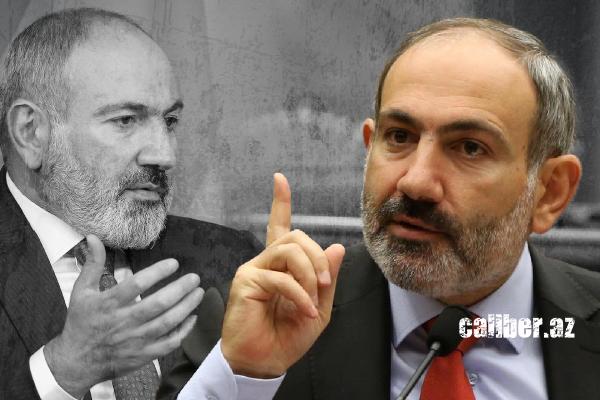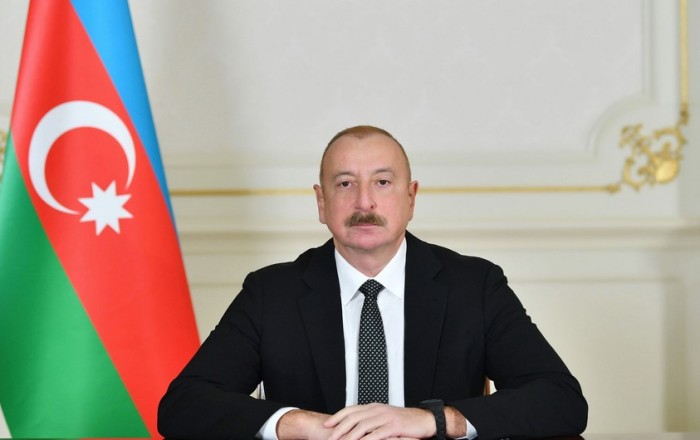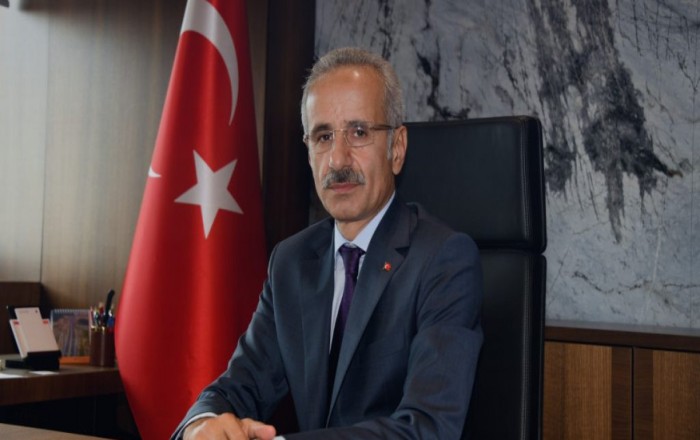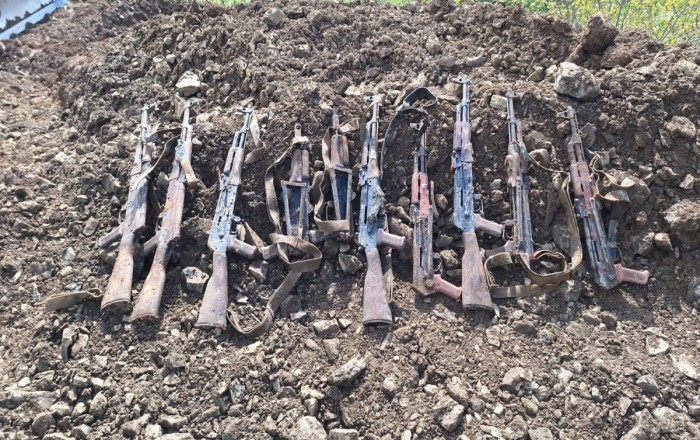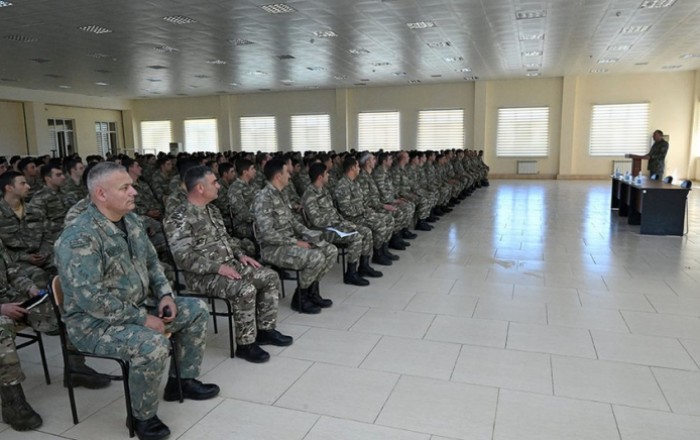Israel has given Hamas one week to agree to the hostage deal on the table or it will launch its long-pledged offensive in Gaza’s southernmost city of Rafah, reports.
The report doesn’t specify when the ultimatum was given, but cites Egyptian officials speaking today, meaning Hamas would have until next Friday to agree to the deal.
On the other hand, Prime Minister Benjamin Netanyahu has been threatening to enter Rafah for months, claiming repeatedly during that period that an invasion was imminent.
Israel has given Hamas one week to agree to the hostage deal on the table or it will launch its long-pledged offensive in Gaza’s southernmost city of Rafah, The Wall Street Journal reports.
The report doesn’t specify when the ultimatum was given, but cites Egyptian officials speaking today, meaning Hamas would have until next Friday to agree to the deal.
On the other hand, Prime Minister Benjamin Netanyahu has been threatening to enter Rafah for months, claiming repeatedly during that period that an invasion was imminent.
The Journal says Hamas’s political leadership abroad was handed the latest proposal green-lit by Israel last weekend and is expected to arrive in Cairo in the coming days to discuss it further. However, the terror group’s preeminent leaders in Gaza — namely Yahya Sinwar — have yet to respond to the proposal, and it was unclear whether they’ve even seen it, as they hide in tunnels underneath Gaza.
Hamas’s leadership abroad has offered mixed signals regarding the latest offer, and unnamed Egyptian officials tell WSJ that the terror group is chafing at what it says is the proposal’s vague details regarding the length of the truce. Hamas wants a long-term ceasefire bolstered by US guarantees that Israel will respect its terms and fears the current proposal will allow Israel to resume fighting within a short period of time.
According to the report, the offer would include a first phase lasting up to 40 days in which up to 33 Israeli hostages would be released. Around this time, the sides would begin negotiations for a more permanent ceasefire. The second phase would last for at least six weeks and see the sides agree to a larger hostage release and commit to a further pause in fighting that could last up to a year.
WSJ says Hamas and Israel also remain at odds on the return of Palestinians to northern Gaza, though the US has said Israel has agreed to the unrestricted return of Gaza civilians to areas cleared by the IDF. As for swapping Israeli hostages for Palestinian security prisoners, the sides have been largely in line with one another.
WSJ says Hamas will likely respond to the latest proposal with an updated offer of its own, rather than rejecting it outright.
Meanwhile, Colombia formally notified Israel of the severance of diplomatic relations.
President Gustavo Petro's government announced that procedure and time for departure of diplomatic personnel 'will be coordinated', reports.
The Colombian government has officially notified Israel of the breaking of diplomatic relations and said that it will begin to coordinate the departure of that country's diplomats in Colombia.
"The Colombian Ministry of Foreign Affairs announces that the verbal note on the Government's decision to break diplomatic relations with the State of Israel was officially delivered to the Israeli ambassador in Colombia yesterday," the Ministry said in a statement on Friday.
According to the document, "the procedure and times for the departure of diplomatic personnel will be coordinated," but it also ratified "the intention to maintain consular activities in Tel Aviv and Bogota."
President Gustavo Petro on Wednesday announced that his government would end diplomatic relations with Israel after describing Israel's actions in Gaza as "genocide".
This decision could bring serious consequences to Colombia's military, which uses Israeli-built warplanes and machine guns to fight rebel groups and which need maintenance by Israeli firms.
The Colombian government has said that no new contracts will be signed with Israel, though existing ones will be fulfilled, including those for maintenance for the Kfir fighters. It has announced that it is trying to look for other suppliers to avoid depending on Israel.
On May 3, Petro once again referred to the war in Gaza and criticized Israel's bombings.
"Colombia cannot support a genocide; international law must be preserved to stop the barbarism," he wrote on his X account.
The High Representative of the European Union for Foreign Affairs, Josep Borrell on May 2 defended Petro against the criticism received for his decision to break diplomatic relations with Israel.
"Everytime there is criticism towards the Government of Israel it cannot be answered by an accusation of anti-Semitism. I claim the right to criticize the Government of (Benjamin) Netanyahu without being accused of being anti-Semitic. What does one thing have to do with the other?" Borrell said in a meeting with correspondents in London.
Source: caliber.az


